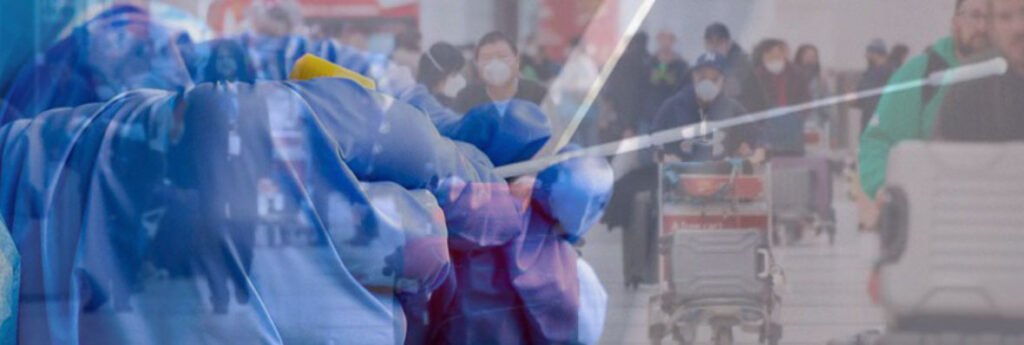The Toronto Sun, The Business Insider and other news outlets, reported this week, that for the third time in 10 days, so many passengers on an Air Transat flight from Port-au-Prince to Montreal tested positive for COVID-19 that Health Canada considered the entire plane to be impacted by the virus.
According to reports, on Wednesday, Health Canada added TS663 — which landed in Montreal on Jan. 17 — to its online list of COVID-impacted flights. Two other flights from Haiti earlier this month were also deemed to have all rows affected by passengers who subsequently tested positive for the virus.
All three flights used Airbus A330s, capable of holding between 345 and 375 passengers.
Health Canada doesn’t list how many infected people were on each flight.
Transport Canada spokesperson Frédérica Dupuis said a negative test result only means they didn’t have COVID, with a certain degree of accuracy, on the day the test was performed.
Consequently, it’s not much of a surprise, that as of Wednesday afternoon, 139 flights with at least one COVID-19 infected passenger had landed in Canada since Jan. 7. The date negative COVID-19 tests were made mandatory for all Canada-bound flights.
“This is why, even with valid pre-departure negative test results, we will continue to see some travellers who subsequently test positive,” said Dupuis.
Transat spokesperson Marie-Christine Pouliot, told Travel Industry Today in an email, that since the implementation of the new Federal Government measure requiring that all passengers five years of age or older present documentation of a negative COVID-19 test result (PCR or LAMP) in order to board a flight to Canada, the airline is making every effort and strictly following Transport Canada’s guidelines.
Since January 7, 472 passengers have been denied boarding on Transat flights because they did not have a negative COVID-19 test.
Pouliot said, “However, as stated in Transport Canada’s Interim Order, which sets out all the guidelines for this measure, there are groups of people who have been granted an extraordinary temporary exemption, due to lack of testing capacity or availability.
“This is particularly the case for passengers from Haiti. Up to and including January 20, these passengers were strongly encouraged to perform a test before their flight but could not be denied boarding if they had not been able to. As of today, this exemption is no longer in effect.”
She noted that, “If passengers who have travelled have tested positive for COVID-19, this can only be identified after they have left the plane upon arrival in Canada, for example through a test at the airport.”
In such cases the airline would only be informed at a subsequent time by public health authorities.

